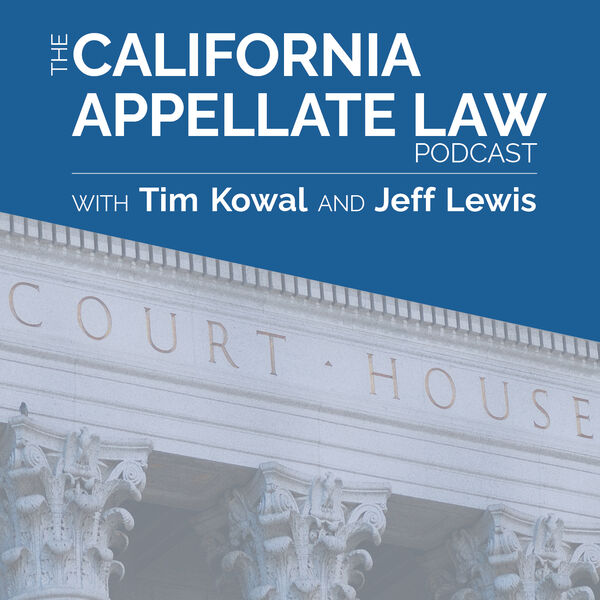
In their article calling for relaxation of the no-citation rule, appellate attorneys David Ettinger and Dean Bochner point to this interesting quote explaining how much effort goes into a published appellate opinion: it “is an exacting and extremely time-consuming task” and “few, if any, appellate courts have the resources to write precedential opinions in every case that comes before them.” (Hart v. Massanari (9th Cir. 2001) 266 F.3d 1155, 1177.)
But doesn’t every case deserve the same quality of consideration?
How would the reasoning be different if Congress were to say, “you know, this bicameralism and presentment business is an exacting and extremely time-consuming task, and really, what legislature has the resources to go through all that for every important policy matter that comes before it?”
(Of course, a federal court would respond: “No one is saying you cannot cite to unpublished cases. We just don’t like it very much, is all.” But California Rules of Court rule 8.1115 absolutely prohibits any citation to unpublished opinions.)
Watch the clip here.
This is a clip from episode 22 of the California Appellate Law Podcast. Listen to the full episode here.